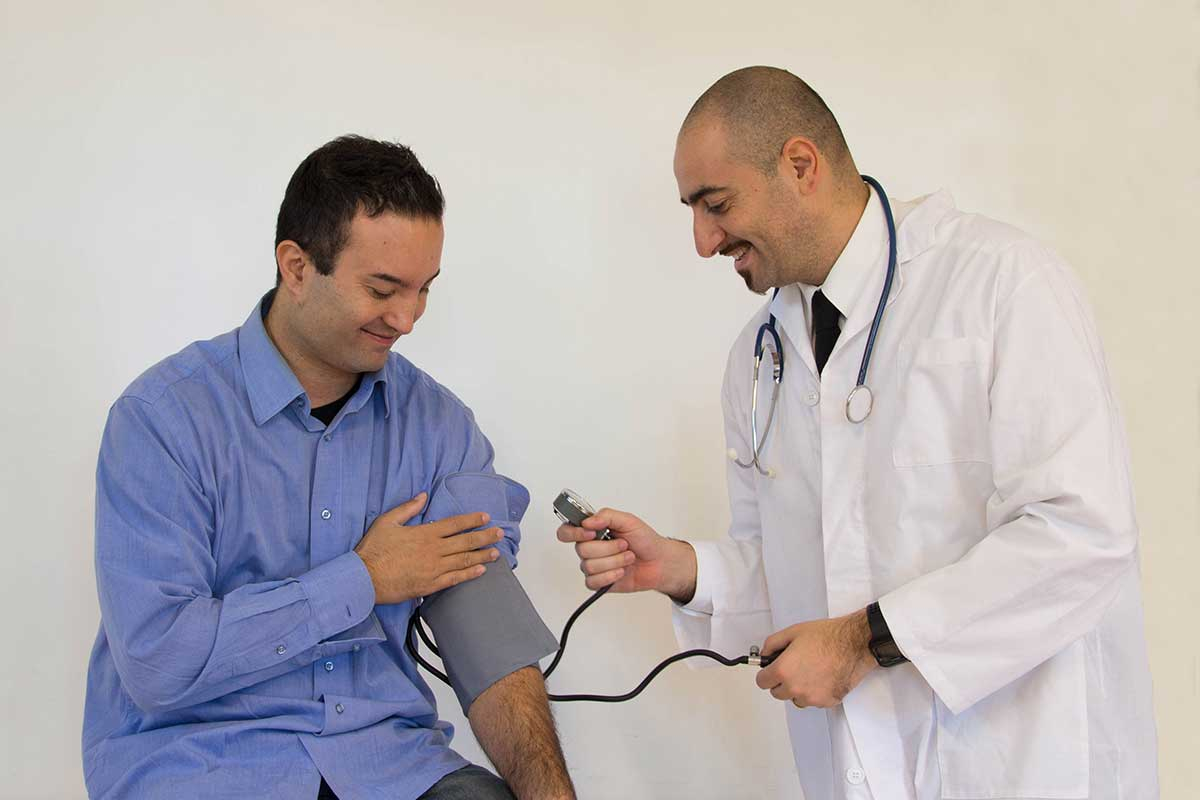Clinic Consultation is dedicated to offering specialized care in angiology, helping residents in Riverview / NB access top-quality vascular health services. Our experienced angiologists provide comprehensive evaluations, diagnosing and treating a range of vascular and circulatory issues. With Clinic Consultation, patients in Riverview / NB can count on a professional approach tailored to each individual’s health needs, promoting overall well-being and a proactive approach to vascular health.
At Clinic Consultation, our angiologists address various conditions, from varicose veins to more complex vascular disorders. Whether you are managing chronic vein disease, experiencing symptoms of poor circulation, or simply seeking preventive care, our team is here to offer guidance and effective treatment. By utilizing the latest techniques and diagnostic tools, Clinic Consultation aims to help patients in Riverview / NB make informed choices for lasting vascular health.
For anyone in Riverview / NB seeking expert guidance on vascular health, Clinic Consultation is a trusted choice. Scheduling an appointment with an angiologist can be a key step toward better health and improved quality of life, whether for preventative care or targeted treatment. Reach out to Clinic Consultation today to discuss your options for vascular care and start prioritizing your health.
Clinic Consultation offers specialized angiologist services for the diagnosis and treatment of vascular diseases affecting blood and lymphatic circulation. An angiologist is a healthcare professional focused on identifying, treating, and monitoring conditions that impact veins, arteries, and lymph vessels, with the goal of enhancing patients' quality of life and preventing future complications. With advanced techniques and a preventive approach, angiologists help maintain optimal circulatory health and reduce the risks of cardiovascular disease.
What Conditions Does an Angiologist Treat?
Angiologists manage a wide range of vascular conditions, including:
- Varicose Veins: Swollen veins causing leg discomfort and pain.
- Deep Vein Thrombosis (DVT): Clots that form in deep veins, typically in the legs.
- Chronic Venous Insufficiency: A condition affecting blood flow back to the heart.
- Aneurysms: Dangerous bulges in the arteries that require monitoring or treatment.
- Peripheral Artery Disease (PAD): Reduced blood flow in limbs due to blocked arteries.
- Lymphedema: Swelling due to lymph fluid accumulation, often in legs or arms.
- Phlebitis: Vein inflammation, typically resulting from blood clots.
How Can an Angiologist Help?
An angiologist is instrumental in diagnosing and managing circulation disorders, advising on healthy lifestyle practices that aid in preventing vascular issues. By providing specialized care, angiologists offer relief for symptoms like leg pain and swelling, reducing the risk of serious complications such as thrombosis and aneurysms. They also assist in managing risk factors like a sedentary lifestyle, smoking, and high blood pressure, fostering long-term vascular health.
What Tests Does an Angiologist Order?
Angiologists rely on essential exams to ensure accurate diagnoses, such as:
- Doppler Ultrasound: Assesses blood flow and identifies vascular obstructions.
- CT Angiography: Provides detailed images of arteries to detect blockages.
- Angiography: A contrast-based imaging test to view blood vessels.
- Venography: Used to diagnose issues in deep veins.
- Vascular Ultrasound: A specialized ultrasound for examining the vascular system.
- Ankle-Brachial Index: Measures blood pressure in limbs to detect artery disease.
- Blood Tests: Checks cholesterol and other markers affecting vascular health.
When to See an Angiologist?
Consider seeing an angiologist if you experience any of the following symptoms or conditions:
- Swelling in the Legs: A sign of venous or lymphatic problems.
- Pain and Burning in Legs: Especially common in the evenings, linked to varicose veins.
- Tingling in Limbs: Often associated with circulatory issues, especially for diabetics.
- Visible Varicose Veins: Commonly in the legs or other areas.
- Slow-Healing Wounds: Particularly in diabetics, suggesting poor circulation.
- Frequent Leg Cramps: Related to venous insufficiency or artery blockages.
- Family History of Vascular Diseases: Essential for preventive care and monitoring.
Preventing vascular disease involves staying active, avoiding smoking, managing blood pressure and cholesterol, wearing compression stockings when recommended, and avoiding prolonged sitting or standing. These lifestyle habits are essential to promoting good circulation and lowering the risk of vascular complications.
What to Ask an Angiologist at the First Visit?
During your initial consultation, consider asking about your overall circulatory health, personal risk factors for vascular disease, necessary diagnostic tests, available treatment options, and daily routines that can enhance circulation. Questions regarding the effects of lifestyle on vascular health and specific strategies for improving circulation are also helpful.
This specialist is available for appointments at Clinic Consultation to provide comprehensive care and personalized advice for your vascular health.
